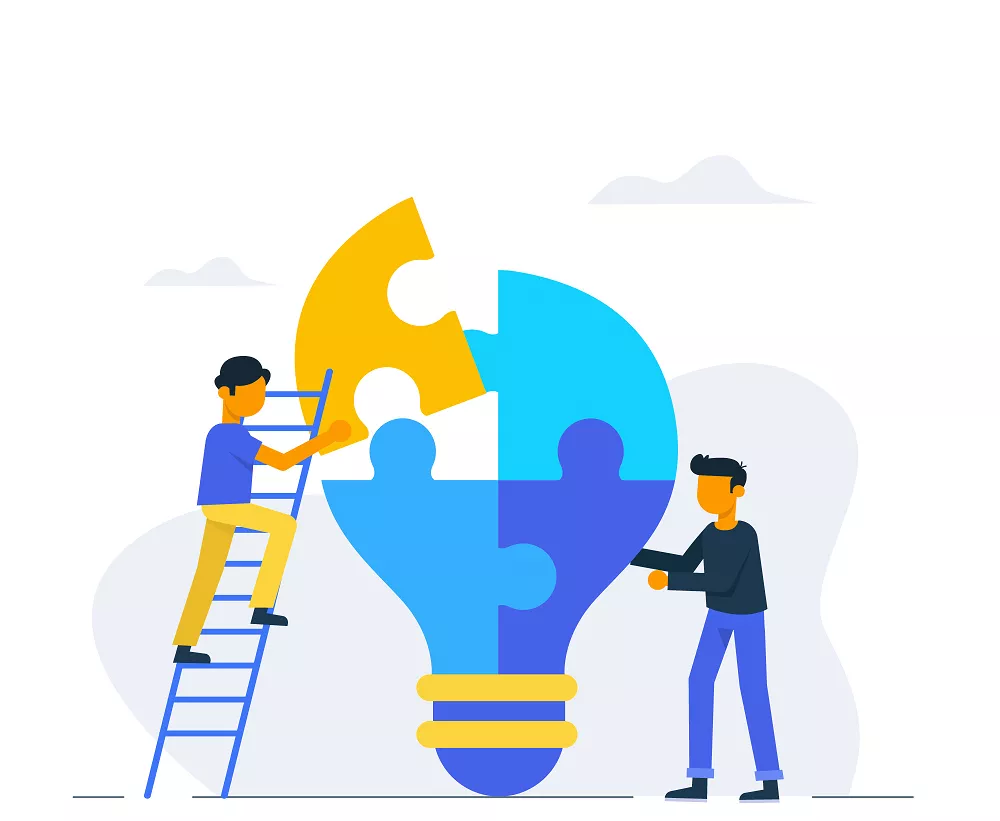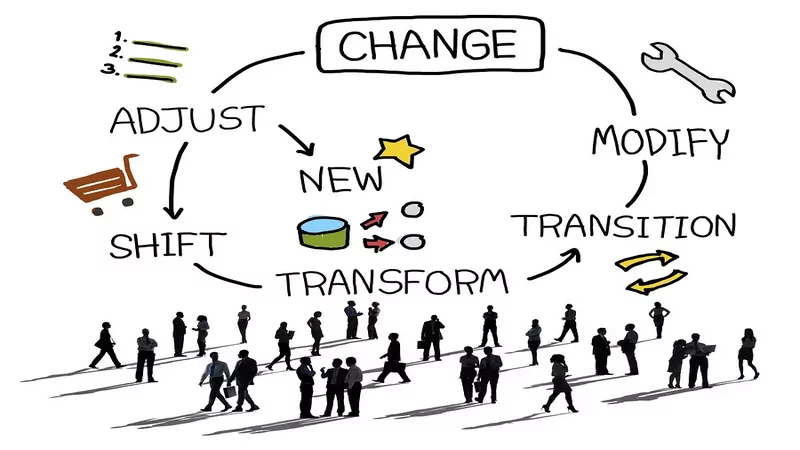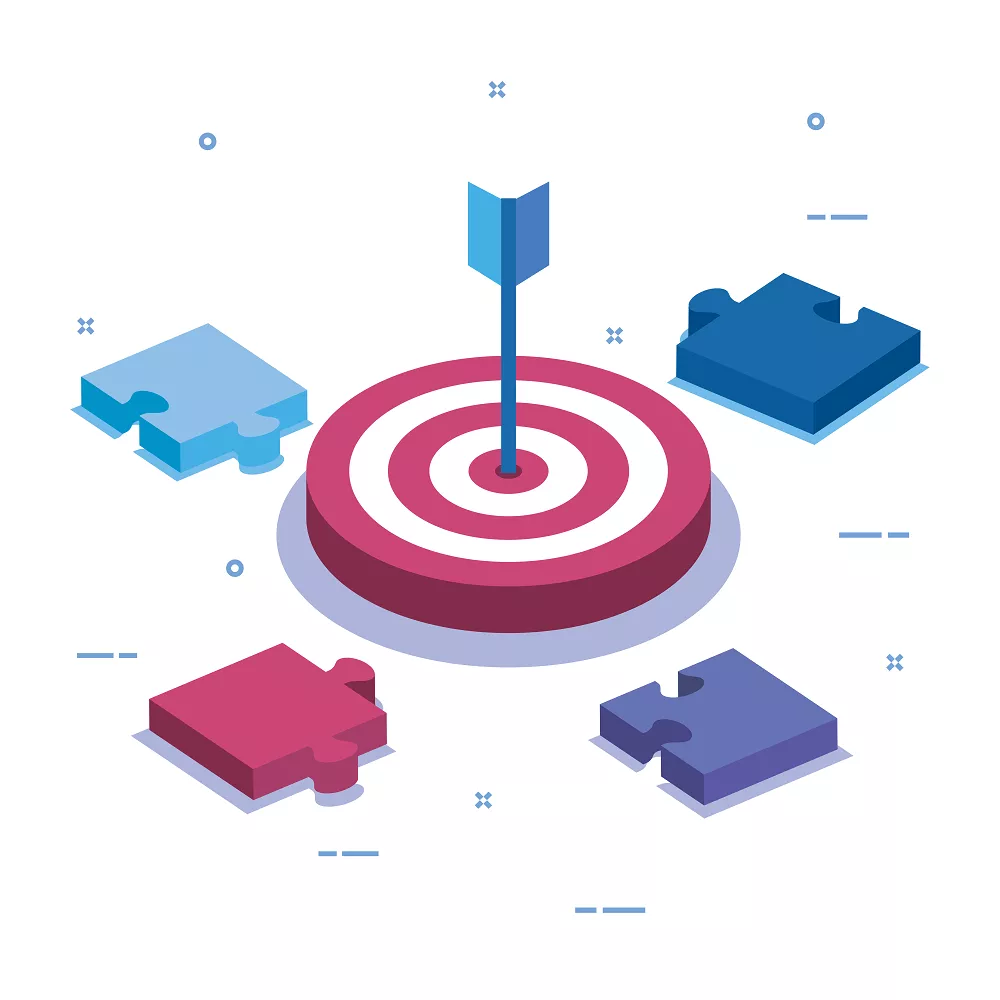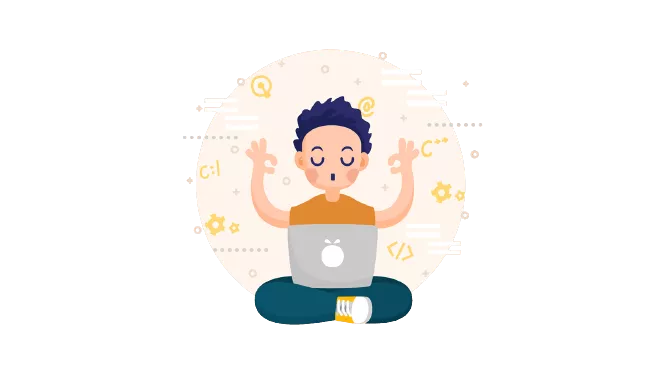“The only constant is change“, this phrase is true in all areas of life, even more so in the turbulent world of business. The market can change from one day to the next and companies must be able to “adapt or die”. The same goes for the company’s employees, who are the ones who ultimately represent change and make it happen. The covid- 19 pandemic has highlighted adaptability in the workplace as one of the essential skills to succeed in business and employers, for now, more than ever, are looking for people that adopt and embrace change quickly.
In simple terms, we can define adaptability in the workplace as the ability to adapt to a new environment or situation and to accept change quickly, so as not to lose continuity and work effectively. Adaptability is a skill that will allow employees to quickly meet new challenges, solve problems, make sound decisions, and adapt to new projects.
It is not easy to adapt to change or to explain how to be adaptable. But some actions can be taken to do it. Just take in mind nothing remains the same:
Digital and technological innovations are constantly changing companies and their operations. Jobs are created while others disappear. New tools are emerging and others are becoming obsolete. In today’s fast-paced world, it is essential to learn and train regularly, to be flexible, and to be prepared for change.
With the pandemic or without it our environment is changing rapidly and employees and companies alike must adapt to government measures, economic upheaval, or unknown threats.

Remote work, use of new digital tools, new work methods and pace, short-time work, new tasks and missions (for example, companies that have reoriented their production to manufacture cloth masks or hydroalcoholic gel): we have had to readapt our way of working, and quickly, to respond effectively to the emergency of the moment.
Adaptability and agility are therefore essential qualities in periods of economic crisis because, in order to overcome difficult times, we need to be resilient, we must learn new things or simply do them differently, but we can never stop and wait for the crisis to pass. We must learn to reinvent ourselves, accept the new, and overcome the fear of the unknown.
The first thing you must have in mind, is t that change is inevitable, is a natural part of life, and nothing remains the same. So, it is important to understand that you need to question your interpretation of events: are these fears (e.g. fear of overwork, of being overwhelmed, etc.) rational, objective, and based solely on the facts?
How you interpret facts and information determines how you approach change. By looking objectively at a difficult situation and doing our best to eliminate existing and potentially unfounded negative assumptions, we can work to channel our emotional reaction positively and thus embrace change more calmly.

Fear of change is often the result of negative thoughts about what the future may hold. When you are afraid or have negative thoughts, try to turn them into something positive.

Try a new approach and think about the opportunities these changes could bring you and their implications for your personal and professional situation. For example, suppose these changes bring increased workloads and new responsibilities. In that case, it could also help to advance your career in the long run and be an opportunity to try new areas or develop new skills.
In the face of uncertainty and change, certain soft skills are essential. Resilience and therefore the ability to bounce back and face upheavals, collective intelligence, self-confidence, and knowledge of one’s strengths and weaknesses are all key skills in business.
Other soft skills are particularly important in the current context, notably team spirit, empathy, and stress management. In order to adapt to the economic context, it is useful to learn about the skills that are in demand in the job market and to train accordingly.

Our comfort zone is often threatened by change, so the challenge is to identify how to quickly establish a new routine in order to regain confidence and a sense of security. To expand your comfort zone and therefore develop your ability to adapt, challenge yourself from time to time, try new things, and welcome the unexpected and changes.
Change is present always, and if you want to navigate smoothly in your personal and professional life you must learn to embrace it. In today’s world, there are many factors that can trigger change (politics, pandemics, climate, etc). Even more in the business world where new market trends emerge every now and then, making it transcendental for companies to build strong adaptable teams that can handle crisis and change and so rely on them for the success of their business.
The market can change from one day to the next and companies must be able to “adapt or die”. Since Covid-19 Adaptability in the workplace has become the main focus of attention and one of the fundamental skills for employees and employers. Discover why
Book a free consultation today with one of our specialized agents to understand how we can help you outsource the best worldwide talent for your business.
"*" indicates required fields